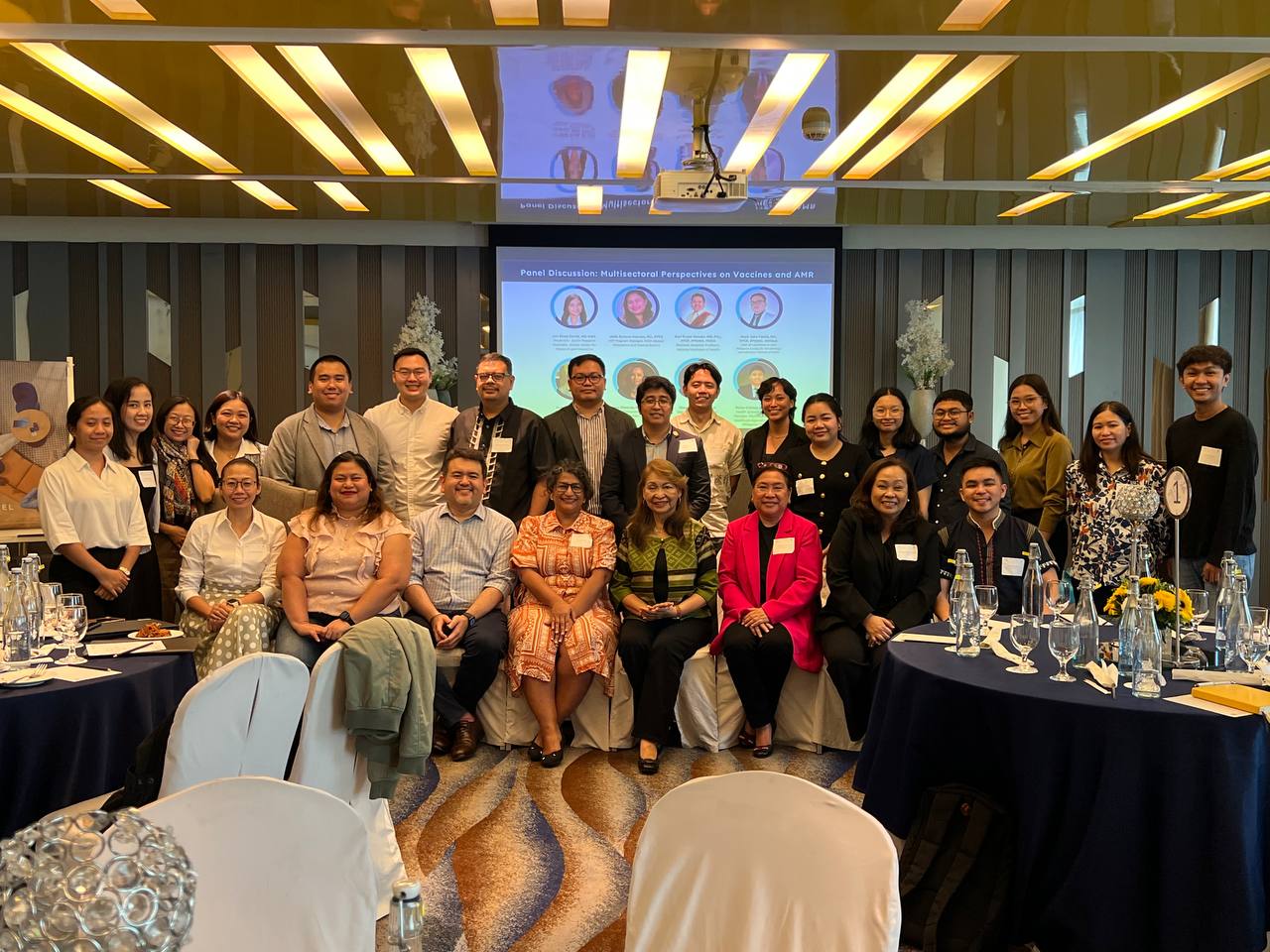
Incorporating Climate Change Strategies into AMR Intervention and Implementation Research Projects: A Scoping Review
Antimicrobial resistance (AMR) is recognized by the World Health Organization (WHO) as one of the top ten global health threats, endangering human, animal, and environmental health. The growing challenge of AMR is compounded by climate change, which exacerbates the spread of resistant microorganisms through rising global temperatures, extreme weather events, and disruptions to agriculture, food security, and human health systems. These pressures are especially critical in low- and middle-income countries (LMICs), where healthcare systems are often under-resourced, adaptation measures are limited, and livelihoods are heavily dependent on agriculture and aquaculture.
This project explores the intersection of climate change and AMR by examining how environmental shifts influence the development and spread of resistance, particularly in livestock and aquaculture systems. It seeks to compile and synthesize existing knowledge through a scoping review, with the goal of understanding how climate-smart practices and technologies can enhance or undermine AMR mitigation strategies. Beyond the literature, the project will analyze national and regional policies in LMICs to understand how both challenges are being addressed in tandem, while also identifying successful models of collaboration and highlighting knowledge and practice gaps that hinder integrated action.
To ensure that findings are grounded in practice, the project combines evidence gathering with stakeholder engagement. Roundtable discussions with experts and community dialogues will provide insights from practitioners, policymakers, and local actors, ensuring that diverse perspectives inform the analysis. In doing so, the initiative aims to contribute to a deeper understanding of the intertwined challenges of AMR and climate change, and to generate evidence that can inform future research, strengthen policy, and guide practical interventions toward healthier populations, resilient food systems, and sustainable environments.
-

The Unseen Link: Vaccines and Antimicrobial Resistance in the Philippine Context
Antimicrobial resistance is already claiming lives, and the global pipeline for new antibiotics is shrinking. In August 2025, experts gathered to explore a critical question: Can vaccines become a frontline weapon against AMR? The science is clear—by preventing infections, vaccines reduce antibiotic use and slow resistance. But translating this into action means confronting data gaps, political barriers, and financing challenges. As one expert noted: "When we vaccinate, we reduce the frequency of these diseases. That means fewer antibiotics—used and misused." With no country in the Global South yet integrating vaccines systematically into AMR strategies, the Philippines has a chance to lead—if stakeholders can move from consensus to action.
-

Advancing vaccine uptake to mitigate antimicrobial resistance (AMR) in low and middle-income countries of South or South-East Asia
This project explores how strengthening vaccine uptake can serve as a key strategy to mitigate antimicrobial resistance (AMR) in the Philippines and across South and South-East Asia. By reducing the burden of vaccine-preventable diseases and the unnecessary use of antibiotics, the study aims to provide actionable recommendations for national and institutional stakeholders to better integrate vaccination initiatives into AMR control efforts, ultimately contributing to stronger, more resilient health systems.
